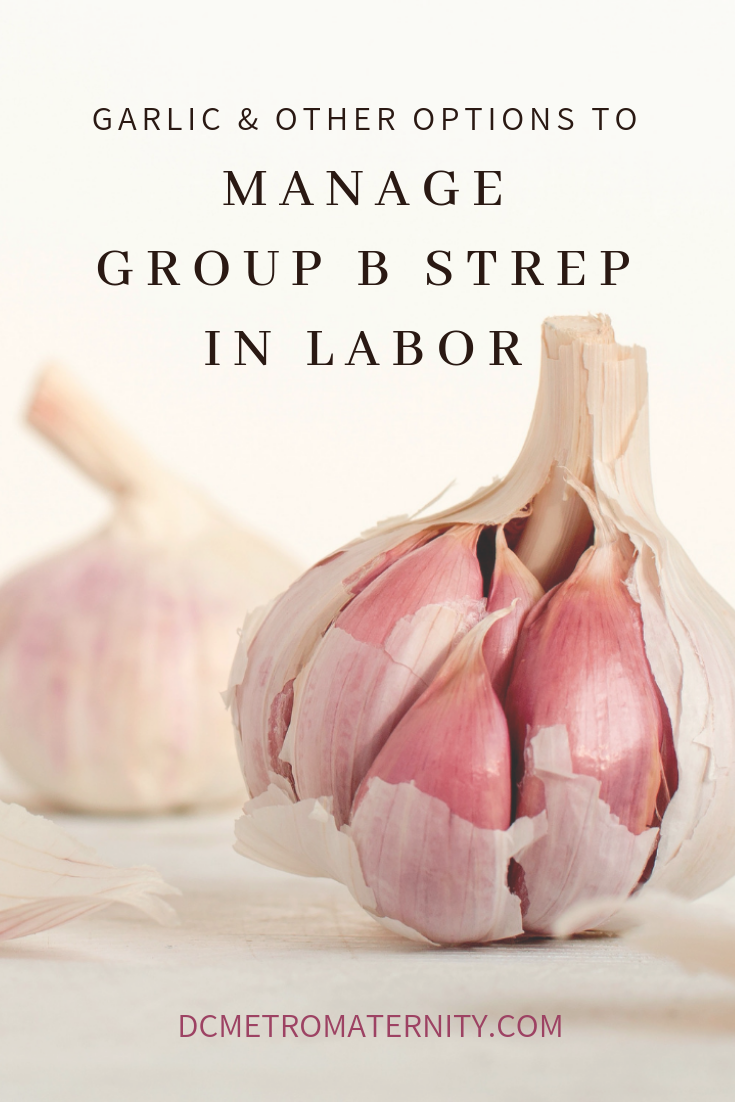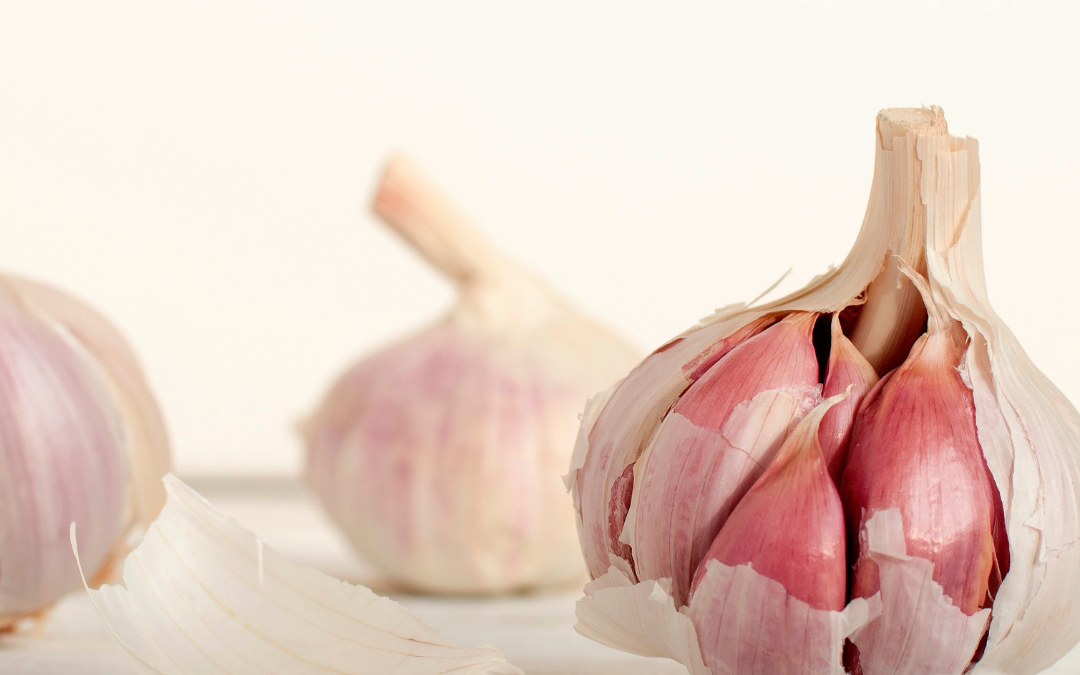When most people think of strep, they’re imagining a sore throat and staying home until you’re no longer contagious. But being a doula can give you a different context for a lot of things. And when I talk about strep, I’m usually referring to Group B Strep (GBS) that can be found in the rectum and vagina.
That’s right GBS is strep of the vajayjay.
Thankfully, being Group B Strep positive isn’t painful like having a strep throat.
(Can you imagine? I just crossed my legs while typing that!)
In fact, many of us have this bacteria (up to 30% of pregnant women), and few of us experience any sort of infection from it as adults.
If you’ve been reading DCMM’s blogs for a while or talked to any of us, you know that we’re not alarmists. So why are we talking about a bacteria that doesn’t make our clients sick?
Well, the problem is that Group B Strep is a bacteria that sometimes impacts newborns much differently than adults. During birth, GBS can be can be passed to a baby from her mother, and while it doesn’t make most babies sick it is very dangerous (life threatening) for about 1-2% of infants. When GBS causes infection, it can be responsible for meningitis and sepsis.
This is why most of our clients are tested for GBS between weeks 35 and 37 in their pregnancy.
The test involves a swab of the vagina and rectum to see if a patient is “colonized”. If Group B Strep is found, you’ll be told that you are GBS positive, and your provider will want to take precautions to keep your baby safe.
The usual recommendation if you are GBS positive is to receive antibiotics in labor, given every 4 hours, starting at least 4 hours before birth.
For some people, all of this is totally fine. But for others, antibiotics can alter their birth plan in a few ways:
- Many doctors and midwives want their patients who test positive for GBS to come into the hospital as soon as their water breaks, which can alter plans to labor at home
- Some of our clients prefer a great deal of movement in labor, and an IV of antibiotics may get in the way
- Taking antibiotics impacts your body’s natural bacteria, and some of our clients worry that this will lower their baby’s good bacteria and developing immune system.
That’s why we doulas sometimes get questions about “natural remedies” to be sure that clients won’t test positive for GBS.
We hear about two things commonly to lower the chance of GBS colonization:
- Taking probiotics in order to introduce more good bacteria
- Using garlic in the vagina for its antifungal properties
Still other doula clients weight the benefits, risks and alternatives, and decide to refuse either the testing for GBS, or the antibiotics in labor.

Now that you know about strep of the vajayjay (excuse my amusement at typing that phrase), you may be wondering what to do. Recently, this was a major concern for a client who had tested positive with a previous baby and this time wanted to labor at home as long as possible.
Here’s the thing- we aren’t the sort of doulas who are ever going to recommend going against your provider’s recommendations. This includes the recommendations around Group B Strep.
It’s the job of doctors and midwives who know your medical history to keep you safe.
But we CAN help you find the benefits and risks of your options (we call that using your BRAIN) and help you figure out how talk to your provider about your concerns.
So here’s what we told our client:
- Of the natural preventive methods, consistently using probiotics seems to have been the most effective in research. (You should always talk to your healthcare provider about supplements in pregnancy.)
- Garlic has been recommended to lots of women, but is mostly an unknown. While it killed GBS in a petri dish, it hasn’t been studied in humans. And logic suggests that you’d have to use garlic continuously not just to test negative, but to continue to be negative until labor. That’s potentially a lot of garlic.
- Having an IV in labor, doesn’t have to be a deal breaker for moving to cope with contractions. Nor does your IV necessarily have to be continuous if you talk to your provider.
Like many of your options in labor, there’s more than one approach to handling Group B Strep. And because it’s a medical decision, all of this is worth discussing with your midwife or OB.
You get to make decisions about how to handle it, and as doulas, we’re just here to support you. (But for the record, we draw the line at personally inserting garlic into your vagina.)
Want to know more about Group B Strep? Here’s a great resource.
Have questions about testing in pregnancy, things that impact birth plans or anything else? Reach out and ask us!
[convertkit form=5250383]


